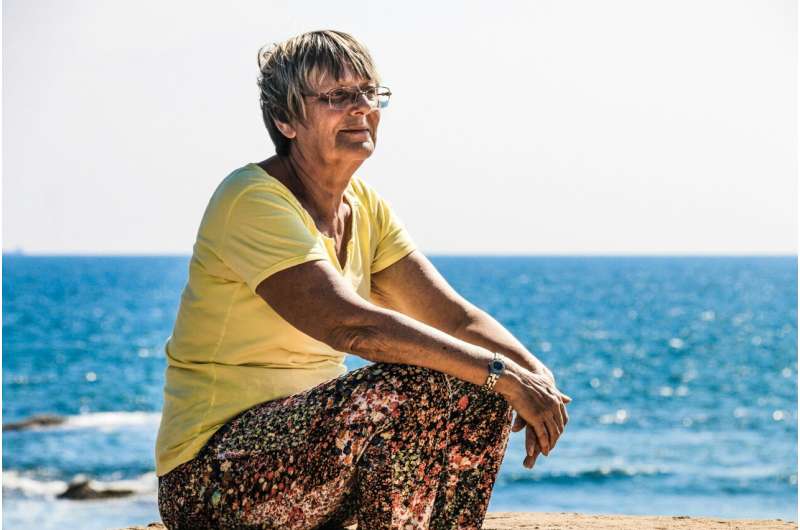As we age, our bodies’ ability to produce and utilize vitamin D decreases, making it crucial for older adults to ensure they’re getting enough. This article explores the importance of vitamin D for those over 75, including its benefits for bone health, immune function, and overall well-being. It also provides guidance on the recommended daily intake and the best ways for seniors to boost their vitamin D levels. Vitamin D is essential for maintaining a healthy body, and this comprehensive guide will help you understand why it’s so crucial as you get older.

The Vital Role of Vitamin D for Seniors
As we age, our bodies undergo various changes that can impact our ability to produce and utilize vitamin D. This essential nutrient plays a crucial role in maintaining bone health, supporting immune function, and promoting overall well-being.
According to new guidelines from the international Endocrine Society, people aged 75 and over should consider taking vitamin D supplements to ensure they’re getting the recommended daily amount of 800 IU (international units). This is higher than the recommendation for younger adults, reflecting the increased needs and reduced ability of older bodies to produce and absorb vitamin D.
The primary reason for this increased need is that as we age, our skin becomes less efficient at synthesizing vitamin D from sunlight, which is the primary natural source of the vitamin. Additionally, older adults tend to spend more time indoors and wear more clothing when outdoors, further reducing their exposure to the sun. This, combined with the decreased efficiency of the kidneys and liver in converting vitamin D into its active form, makes it harder for the body to maintain adequate levels of the vitamin.
The Consequences of Vitamin D Deficiency in Older Adults
Vitamin D plays a crucial role in maintaining bone health, as it helps the body absorb calcium, which is essential for maintaining bone density and strength. As we age, our bones become more fragile, increasing the risk of fractures and conditions like osteoporosis.
Research has shown that older people hospitalized with hip fractures are 3.5 times more likely to die within the next 12 months compared to those who aren’t injured. This underscores the importance of maintaining strong, healthy bones as we get older.
Beyond bone health, vitamin D may also help lower the risk of respiratory infections, which can be more serious in older adults. There is also emerging evidence suggesting that vitamin D may have benefits for brain health, although more research is needed in this area.
Despite the increased need for vitamin D, studies have shown that one in five older adults in Australia have vitamin D deficiency. In higher-latitude parts of the world, such as the United Kingdom, almost half of older adults don’t reach sufficient levels. This is partly due to lifestyle factors, such as spending less time outdoors and insufficient dietary intakes of vitamin D.
Getting enough vitamin D is crucial for maintaining good health and quality of life as we age. By understanding the importance of this vital nutrient, older adults can take steps to ensure they’re getting the recommended daily amount, either through supplements or dietary sources.
How to Boost Your Vitamin D Intake: Tips for Seniors
For most people under 75, it’s possible to get enough vitamin D from the sun throughout the year, especially in the top half of Australia and during the summer months. However, this becomes more challenging for older adults.
According to the Endocrine Society’s guidelines, routine blood tests to measure vitamin D levels are not necessary for most healthy people over 75, unless they have a specific medical condition that affects vitamin D metabolism. Instead, the recommended approach is to consider a daily vitamin D supplement, without the need for testing.
In addition to supplements, older adults can try to boost their vitamin D intake by adding fortified foods to their diet, such as margarine, certain types of milk, and cereals. While dietary sources of vitamin D are limited, every little bit can help reduce the amount needed from supplements.
Even if you’re getting a few minutes of sunlight a day, a daily vitamin D supplement is still recommended for those over 75. By incorporating these simple strategies, older adults can ensure they’re getting the vitamin D they need to maintain their health and well-being as they age.
